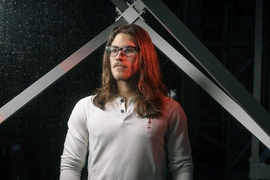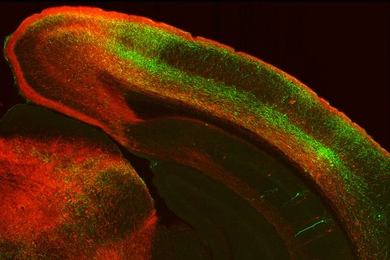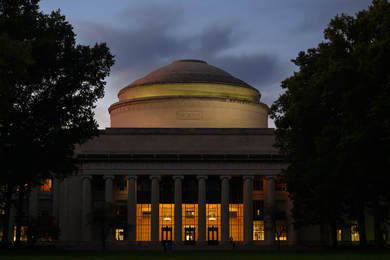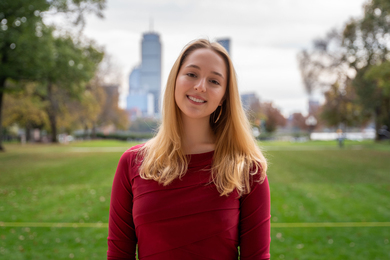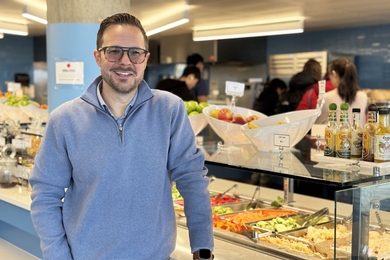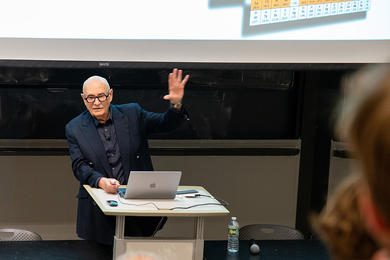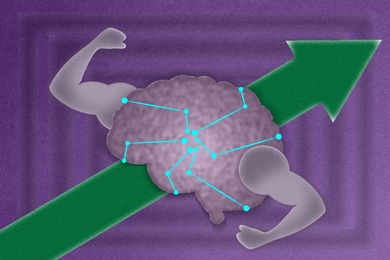MIT International Science and Technology Initiatives (MISTI) Global Seed Funds (GSF) empower MIT researchers to build collaborations that tackle international problems. Funded projects unite teams of faculty and students with international peers, combining their individual strengths to address challenging issues that may have a worldwide impact.
"This international collaboration was a great encouragement to us,” says GSF awardee Yogesh Surendranath. “The current energy crisis is a global problem, so having scientists from all over the world with different backgrounds, needs, cultures, and expertise come together to address this problem at the chemical level was deeply inspiring."
This year, the 26 funds that comprise MISTI GSF received 221 applications. Over $2 million was awarded to 106 winners from 24 departments across all five schools. That brings the total amount of funding awarded to $17.7 million over the 11-year life of the program.
GSF projects have often culminated in research associated with published papers, and at times have been able to leverage those results to obtain additional research funding. Over two-thirds of the projects report at least one publication that directly resulted from the collaboration, with others referencing a publication in process.
“This worked out better than I could have ever imagined,” says GSF awardee Michael Short. “[My international collaborator] has been conducting research in my area for 25 years, yet never really published in English literature. Now we have three papers together in the last 18 months, and are preparing six more with joint results.”
GSF awardee Vincent Chan also appreciates his impactful partnership.
"As a result of our collaboration in 2017, we successfully created a new program on IoT Smart City funded by the Innovative Technology Commission of Hong Kong with matching funds from the industry” he says. “Also, HKU landed a new program on environmental sensing … and MIT is the international adviser of the project."
GSF projects contribute to the Institute’s educational mission as well. Nearly 75 percent of GSF teams include students from both the MIT and international teams. The next call for proposals will begin in late May.
MIT International Science and Technology Initiatives creates applied international learning opportunities for MIT students that increase their ability to understand and address real-world problems. MISTI collaborates with partners at MIT and beyond, serving as a vital nexus of international activity and bolstering the Institute’s research mission by promoting collaborations between MIT faculty members and their counterparts abroad.
MISTI is a program in the Center for International Studies within the School of Humanities, Arts, and Social Sciences.



